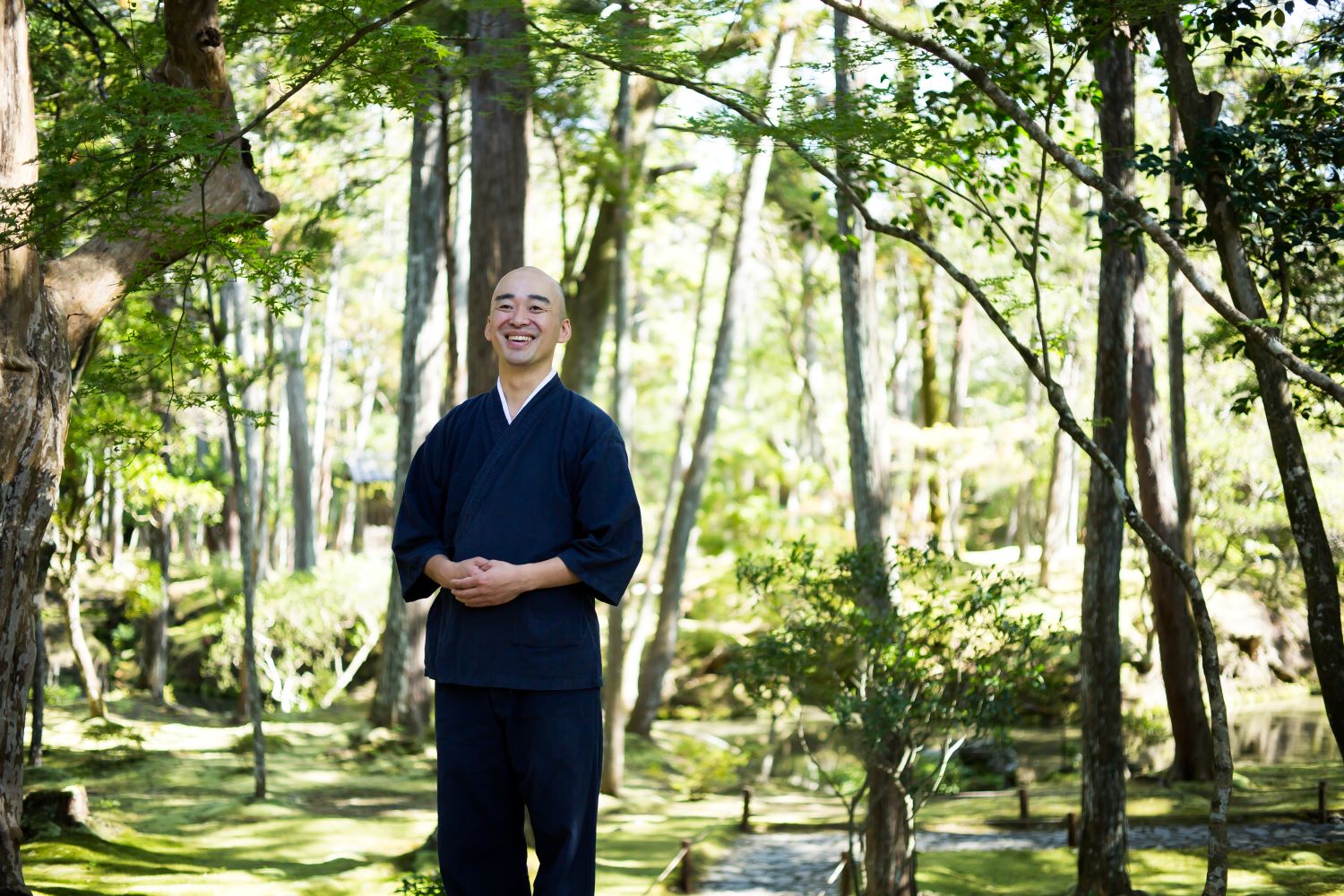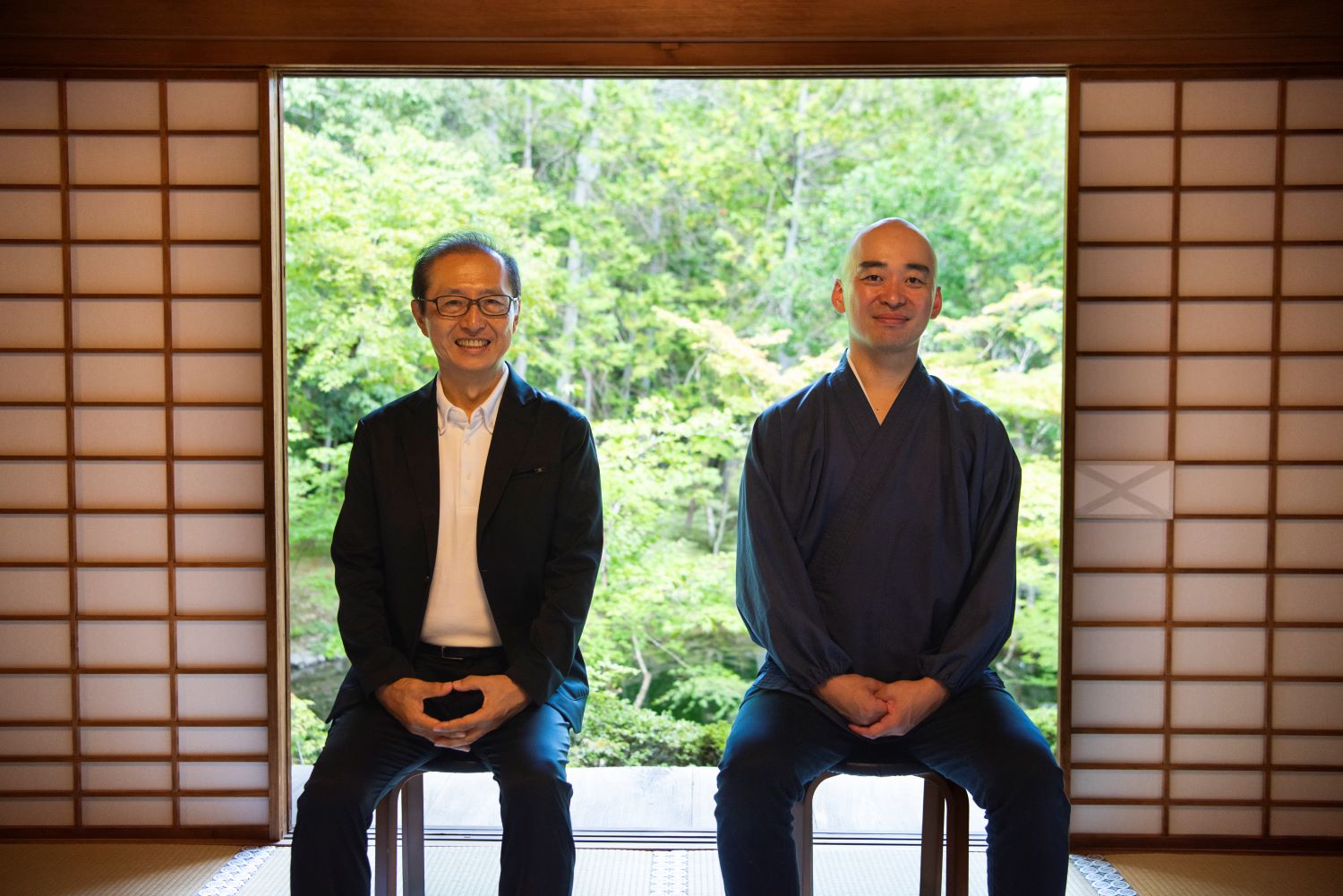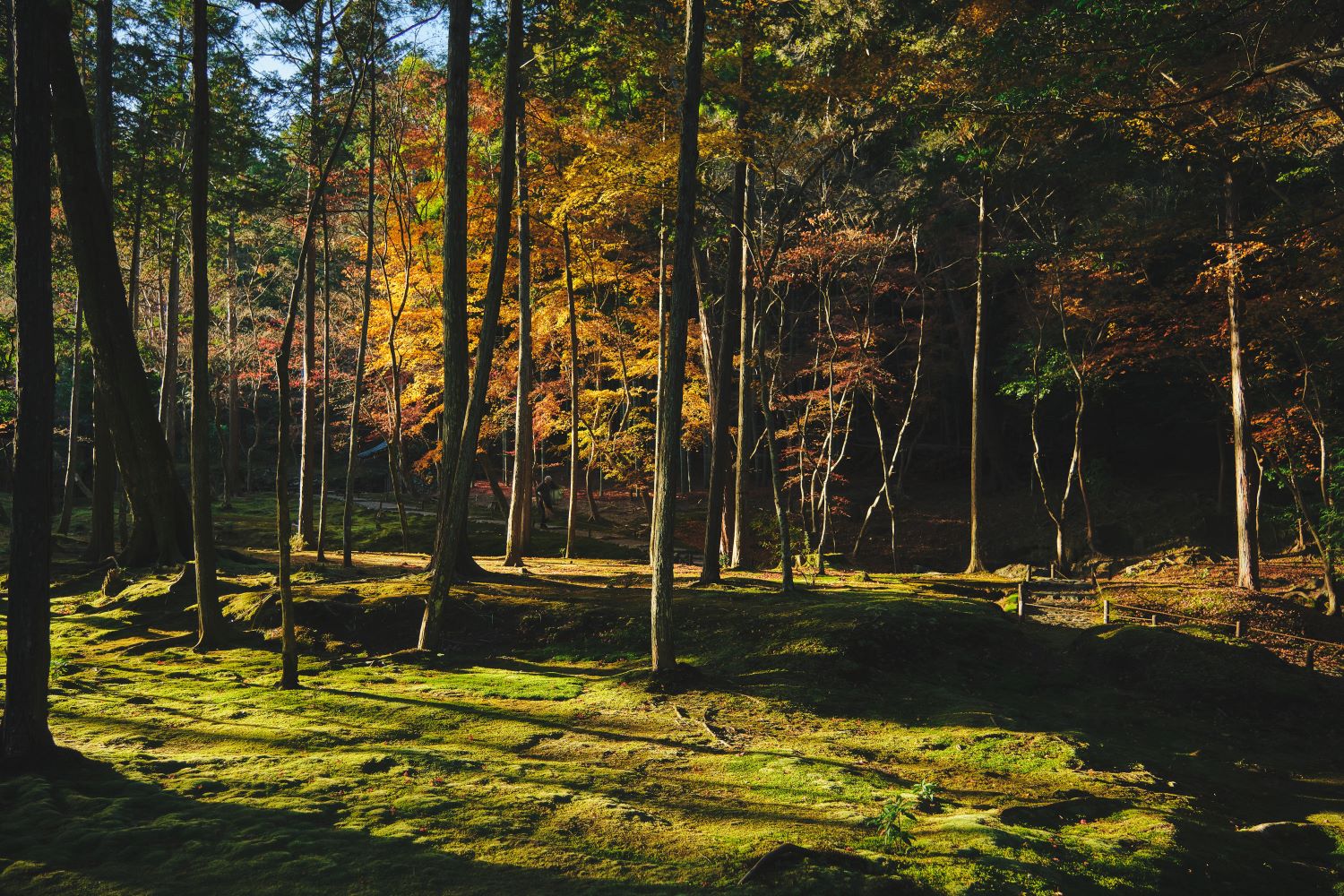2025.3.11
Zen Talks for Your Heart “Life and Death”
閲覧権限がありません。
Most read
2023.11.28
Members only


2024.12.15
Zen Talks for
Your Heart
"What is happiness?"
Your Heart
"What is happiness?"




